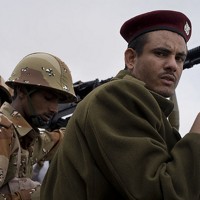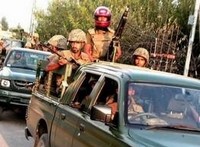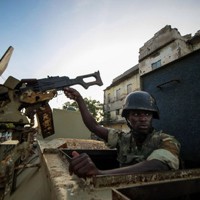
The “formal” departure of Ali Abdullah Saleh from Yemen’s political arena in February, after more than three decades as president, did not bring an end to the country’s dangerous unrest. To the contrary, the weak central government in Sanaa has been weakened further; the military remains divided; entrepreneurs of violence have expanded their geographical influence; sectarianism has taken a violent turn; the shortage of public goods and law and order has become severe; and the country is atop this year’s Forbes list of the “World’s Worst Economies.” In Washington, Riyadh and Brussels, fears are high that the current political and […]


